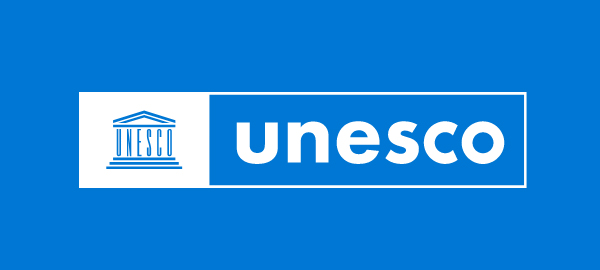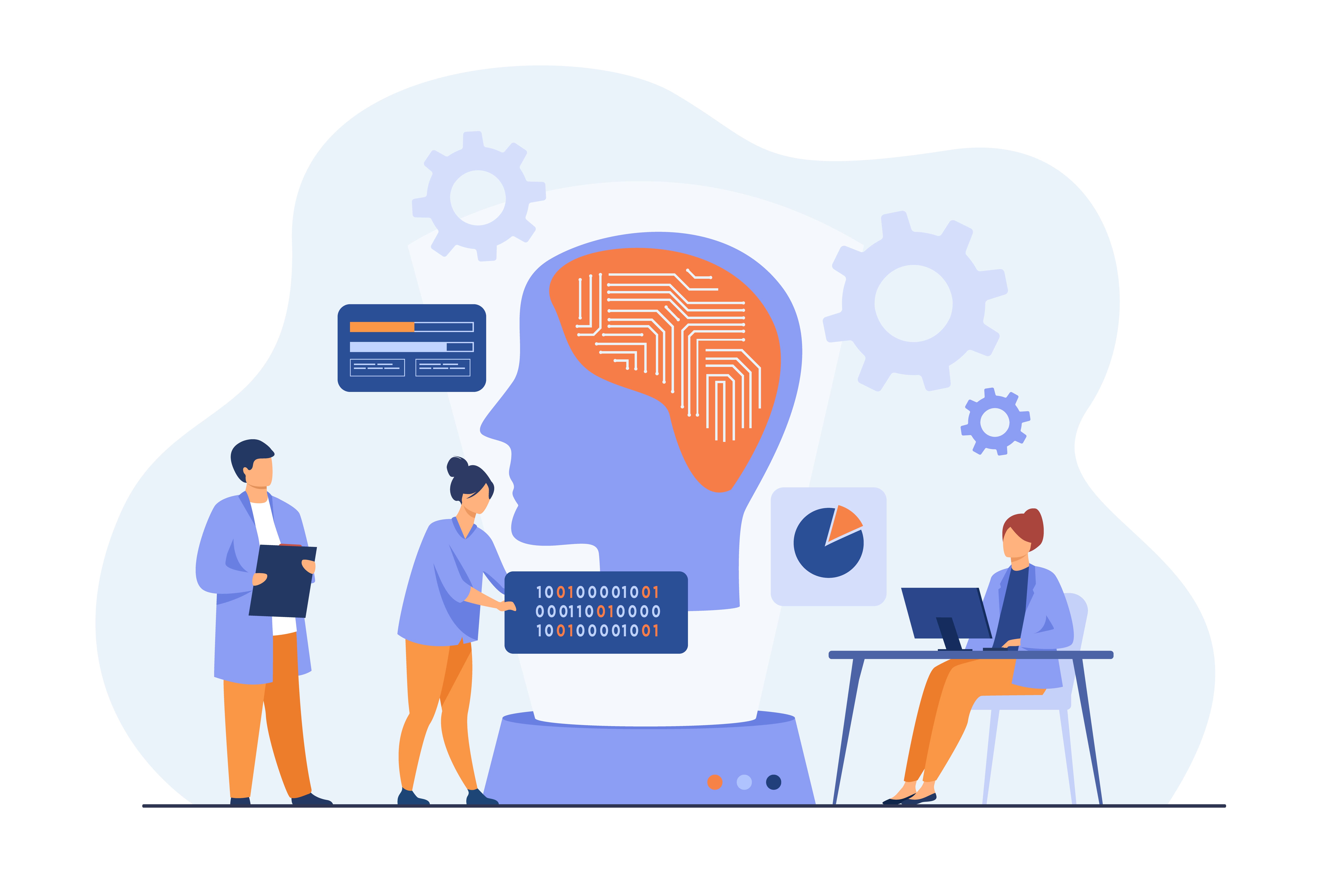A new Focus Bari survey shows that AI is still unfamiliar territory for most Greeks.
Although more than eight in ten have heard of AI, 68 percent say they have never used it professionally. The study highlights that Greece integrates AI into its workplace more slowly than many other countries.
The survey covered 21 nations and found that 83 percent of Greeks know about AI, compared with 17 percent who do not. Only 35 percent feel well-informed, while about one in three admits to knowing little about the technology.
Similar trends appear worldwide, with Switzerland, Mexico, and Romania leading in AI awareness, while countries like Nigeria, Japan, and Australia show limited familiarity.
Globally, almost half of respondents use AI in their everyday lives, yet only one in three applies it in their work. In Greece, that gap remains wide, suggesting that AI is still seen as a distant concept rather than a professional tool.
Would you like to learn more about AI, tech and digital diplomacy? If so, ask our Diplo chatbot!









